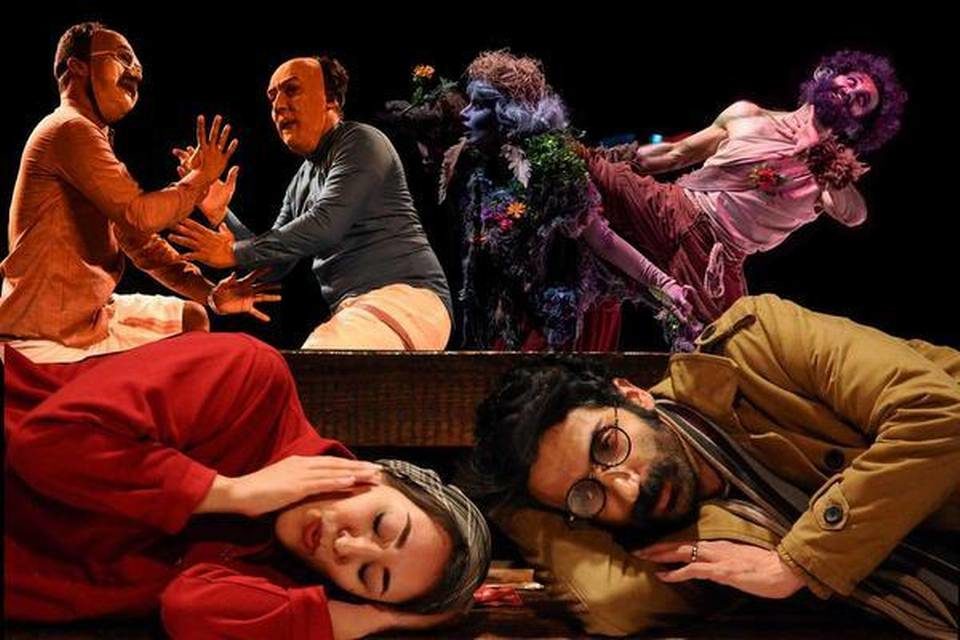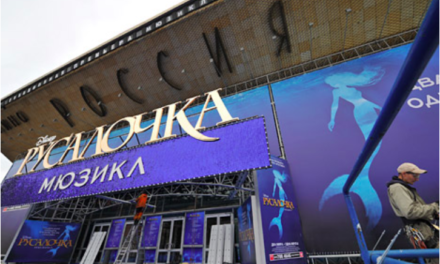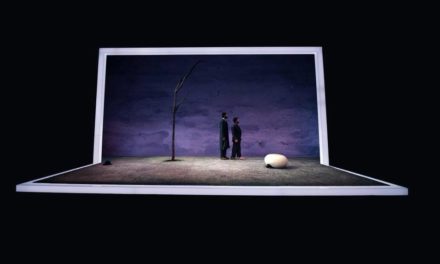The festival will showcase a slice of cutting-edge contemporary theatre
Water puppets celebrating rich agrarian lore, women lost in an absurd abyss of role-playing, the fairy-infested woodlands of Athens, a semi-autobiographical sketch of an icon, and Kalidasa with a twist. Despite the shoe-string budget, the lineup for the 11th International Theatre Festival of Kerala (ITFoK) is tasteful and exciting, an event promising radical possibilities. Kicking off on January 20 and running through the week, this edition has only 13 plays, each handpicked by the three festival directors Arundhati Nag, M.K. Raina and Kumara Varma.
“ITFoK, one of the country’s top-tier theatre festivals, is rolling without a theme for the first time in its 10-year history. It was really hard to pick a few from the vast spectrum of productions cutting through all genres,” says Nag.
Organized by Kerala Sangeetha Nataka Akademi, the festival features six international and seven Indian productions including four Malayalam plays.
Sri Lankan play Bitter Nectar directed by Rasaiya Lohanathan will open the festival, and Raina calls it “an intriguing work with immense political relevance.” The festival will showcase a slice of cutting-edge contemporary theatre with all its stylistic excellence, he says. “There are brilliant productions like The Well from Iran, a splendid piece that delves into the love of two people who are dead.” While The Maids from Malaysia explores the weird world of two housemaids engaged in a game of role-playing, The Ritual is the sole representation from Europe. The international spread also includes Midsummer Night’s Dream, an Iranian production that reimagines Shakespeare.
“It’s a very unique production featuring extremely agile artists and I don’t think it will be easy to find a band of Indian actors who can recreate it,” says Nag.

The Maids, Kerala Theatre Festival, 2019, photo credits: The Hindu
Custom venues
Another highlight of the festival is water puppetry showcasing Vietnamese folk heritage. Lacquered puppets sprint, skitter, and pirouette on water like synchronized swimmers, controlled by puppeteers standing in waist-deep water behind the curtain.
“Perhaps it’s the first time they are getting a stage in India and it’s a form totally different from Indian puppetry. This performance also demands customized venues,” says Varma.
The Indian contingent of the festival is equally terrific, say the directors.
“This time it’s not just the revered names in the circuit. It’s varied fare featuring emerging voices and multiple genres. There are really impressive works like Dark Things directed by Anuradha Kapur and Deepan Sivaraman. Such productions are indicative of the way Indian theatre is evolving,” says Nag.
In the regional section are Shakuntalam, Lokadharmi’s reinvention of Kalidasa with an eco-feministic edge, and Higuita—The Goalie’s Anxiety At The Penalty Kick, a theatrical take on N.S. Madhavan’s much-celebrated short story. Directed by Jino Joseph and presented by Black Theatre, Nona is a hard-hitting satire set in rural Kerala. Punctuated by blues and reggae, Ali—Beyond The Ring is a blend of many elements, its style closer to the theatre of cruelty. Directed by Joy P.P., the play chronicles the rebellious spirit of the boxing legend.
This edition of the festival also comes with a new feature—repeat shows.
“This time the plays will have multiple stagings so that they are accessible to many more theatre buffs. It has been a long-standing demand,” says Raina.
A range of seminars exploring topics like “Art and Contemporary Indian Reality: The Quest for a Second Indian Renaissance,” “Playwright and the Changing Idioms of Indian Theatre,” and “Spoken Word, Actor, and Scenography in the Modern Indian Theatre Practice” are also part of the festival.
Nag says it’s a not scale but substance that defines the 11th edition of ITFoK.
“What matters is the flood-hit State is still hosting the festival and Sangeetha Nataka Akademi could put together this eclectic mix that will offer the audience a deeper understanding of the medium.”
This article was originally published in The Hindu on January 18, 2019, and has reposted with permission.
This post was written by the author in their personal capacity.The opinions expressed in this article are the author’s own and do not reflect the view of The Theatre Times, their staff or collaborators.
This post was written by Navamy Sudhish.
The views expressed here belong to the author and do not necessarily reflect our views and opinions.


















